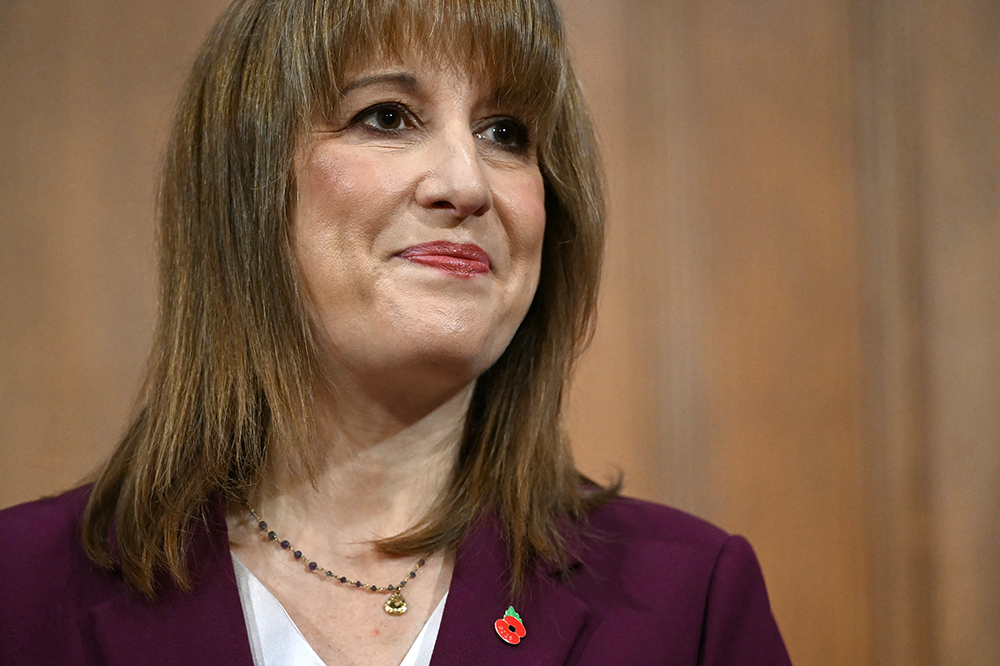Last year one of the big oil companies informed its employees that they had to disclose any ‘intimate relationships’ with colleagues. I remain grateful that my employer has not yet asked me to do the same, because I’m not sure I could survive the embarrassment that would ensue. I don’t just enjoy ‘intimate relationships’ with numerous male and female colleagues but would also need to confess that I enjoy intimacy with multiple other people outside of work.
The fact that my life is beginning to sound like a tale of sexual perversion illustrates the point that intimate relationships are nearly always understood to be sexual ones. Intimacy is a concept, an experience, a human need, that has been cannibalised by our contemporary obsession with sex and sexuality: intimacy is sex; an intimate relationship must be a sexual one.
But I’ve never had sex, have never been in a sexual relationship. And yet I still enjoy intimacy every day – intimate relationships with other people, myself, buildings, artwork, poetry, pieces of music, God – the list could go on and on. I’m promiscuous in my search for it. I am clearly living with a different definition of intimacy to most around me. One that does not limit intense and powerful feelings of connection, of oneness, of completion, to date nights, but is finding my intimacy needs met all over the place.
I recently enjoyed an overwhelmingly powerful experience of connection – of oneness between myself and creation – as I swam off Herm in the Channel Islands. The sun was rising on the horizon, the sea was golden as a result, and I plunged in and deepened my intimate relationship with a place. I have never felt more alive, even as I feared freezing to death.
I’ve felt similar levels of connection, oneness, intimacy, reading the poetry of my fellow celibate, gay Christian, the Roman Catholic priest Gerard Manley Hopkins. Discovering his ‘The Lantern out of Doors’ was like meeting a friend who sees what I see, feels what I feel, and wants to process it all in the same way as me. I felt known by him.
And then there are my real, still living and breathing, family and friends. People who have known and loved me for decades, who know me intimately. Women and men who could tell you what makes me cry and laugh, my weaknesses and strengths, how I like my tea, my latest crush, some of my more disgusting habits. Single people like me can be starved of intimacy – but we can also enjoy more numerous, deep connections than many of our married friends.
The loneliest people I’ve met in my life as a pastor are the married ones who have thought all their needs for intimacy could be met by just one other person: such marriages are soon crushed by the weight of unrealistic expectations.
The loneliness crisis we are living through would end if we all stopped searching for the mythical person – ‘my other half’ – who will complete us
Why share all of this? Why push back on our culture’s narrow use of a word? Because of the self-harm that is done when we limit intimacy to sex. We human beings are clearly wired for intimacy – we need it, crave it, must find it to thrive. Without feeling other people, our lives will be incomplete. When we are told we will only find intimacy in one way, one limited context, numerous human beings are wrongly made to feel incomplete without it.
This is not good for us. It helps explain why sex is being seen as a human right by many young men, to the detriment of many women: google ‘incel’. It leads to hook-ups where more bodily fluids are exchanged than words: I recently read a tragic interview with a woman who craved the intimacy of a meaningful conversation with a boyfriend who could only conceive of intimacy through sex acts. It fuels the porn epidemic in which false intimacy enslaves countless victims, who would be much better off experiencing a deep connection with the physical beauty of creation.
We need to free intimacy from the bedroom. We need to encourage the development of deep connections – a sense of oneness – in relationships and activities that can be enjoyed in every room of our homes, and further afield. The loneliness crisis we are living through would end if we all stopped searching for the mythical person – ‘my other half’ – who will complete us, and instead found completion in a whole world of intimate relationships. That is how I have met my own intimacy deficit. If my employer ever asks me to let them know of any ‘intimate relationships’ I’m in, I hope they leave plenty of space on the form.








Comments